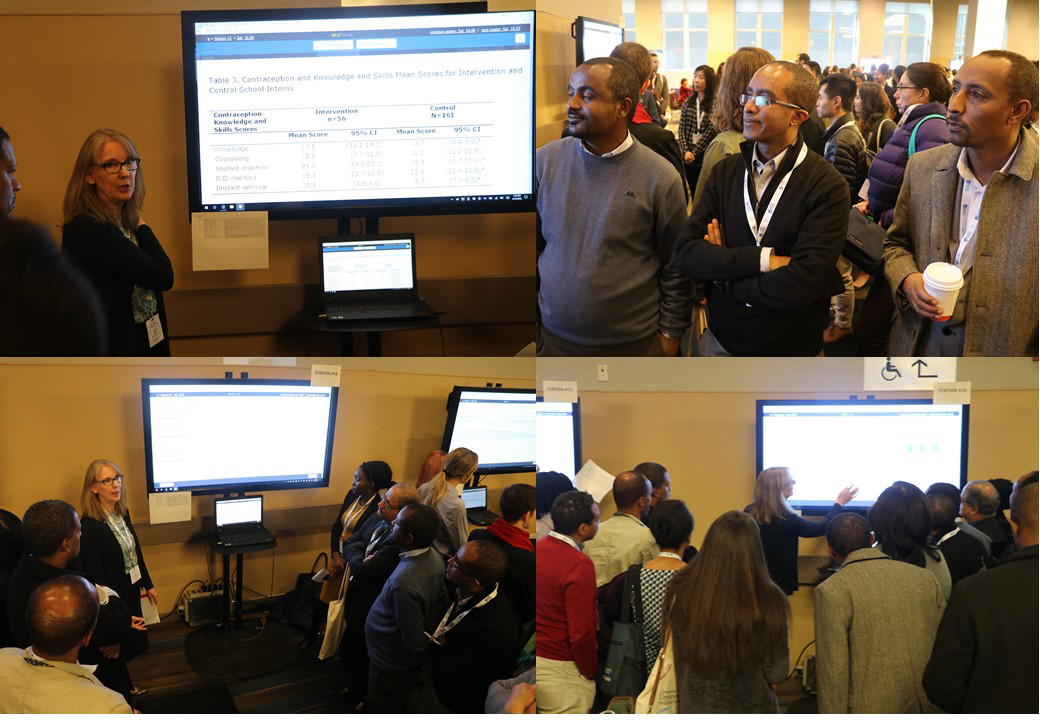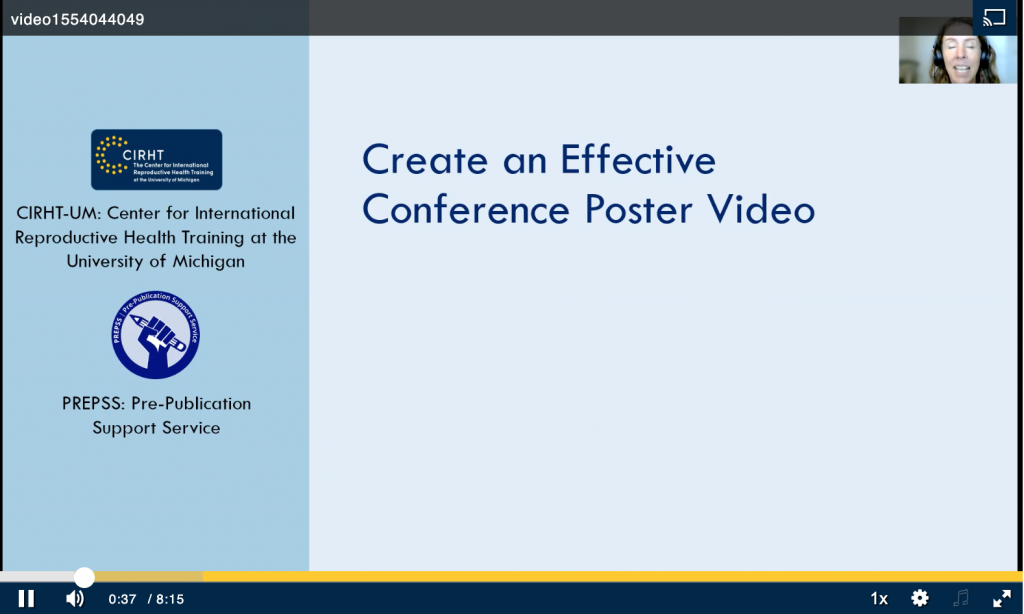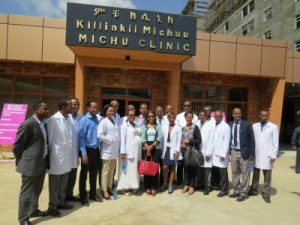Creating a Generation of Doctors Competent in Family Planning Skills in Low-and Middle Income Countries: Structured Integration of Family Planning Curriculum in Ethiopia

G. Gebremeskel1, A. Teklu2, L. T. Gebremedhin3, S. W. Beza4, T. Yigzaw5, M. Eshetu4, M. H. Damtew4, Y. R. Smith6
1University of Michigan, Ob/Gyn, CIRHT, Ann Arbor/US, 2St. Paul’s Hospital Millennium Medical College, Addis Ababa/ET, 3University of Michigan, Ob/Gyn- CIRHT, Ann Arbor/US, 4CIRHT-Ethiopia, Addis Ababa/ET, 5Jhpiego-Ethiopia, Strengthening HRH Project , Addis Ababa/ET, 6University of Michigan, Obstetrics and Gynecology, Ann Arbor, MICHIGAN/US
Background
Access to the most effective family planning (FP) methods requires trained professionals, yet medical students from low and middle income countries are often unprepared to provide these services because of lack of training. With an overall goal of increasing access to modern contraceptive methods in Ethiopia, we assessed the impact of integrating structured FP training into the medical school curriculum on knowledge
and skill scores of medical graduates.
Methods
We evaluated graduating interns who completed an ob/gyn rotation from a medical school with the integrated FP curriculum (intervention school, n=56) to 4 schools with conventional curriculum without structured integration of FP content (control schools, n=161). We compared mean contraceptive knowledge scores from a survey with 19 multiple choice questions. The survey also included self-reported number of procedures performed. We compared the contraception skill scores at four Objective Structured Clinical Examination stations (OSCE). The OSCE stations included FP counseling, implant insertion, implant removal and intrauterine device insertion. Two sample t-tests and Wilcoxon rank sum tests as appropriate were used to compare mean scores and p <0.05 was considered statistically significant.
Findings
There was no difference between intervention and control groups in gender, age, marital status, rural background, career interest, and religiosity. The graduating interns from the intervention school reported performing significantly higher numbers of contraceptive procedures. The mean knowledge score was significantly higher in the intervention school [13.1 vs. 8.7, difference 4.5, 95% CI:(3.7-5.2), p<0.001]. The mean contraceptive implant insertion skill score was two-fold higher for interns in the intervention school [22 points vs. 11, difference 10.7, 95% CI: (8.6-12.8), p<0.001]. Statistically significant differences in skill scores were also observed for IUD insertion [15 vs. 12, p=0.0011] and implant removal [11 vs. 9, p=0.014].
Counseling score was unaffected by the intervention.
Interpretation
A structured integration of FP curriculum was associated with higher scores in knowledge and LARC insertion and removal skills. Counseling education requires further evaluation. Overall, an integrated FP curriculum may lead to graduating physicians that are more coSmpetent to offer the full range of FP options.
Source of funding (if none, enter “None”)
Supported by an anonymous donor through CIRHT at U-M.
Key Words: Research, Women’s Health/Empowerment, Education







